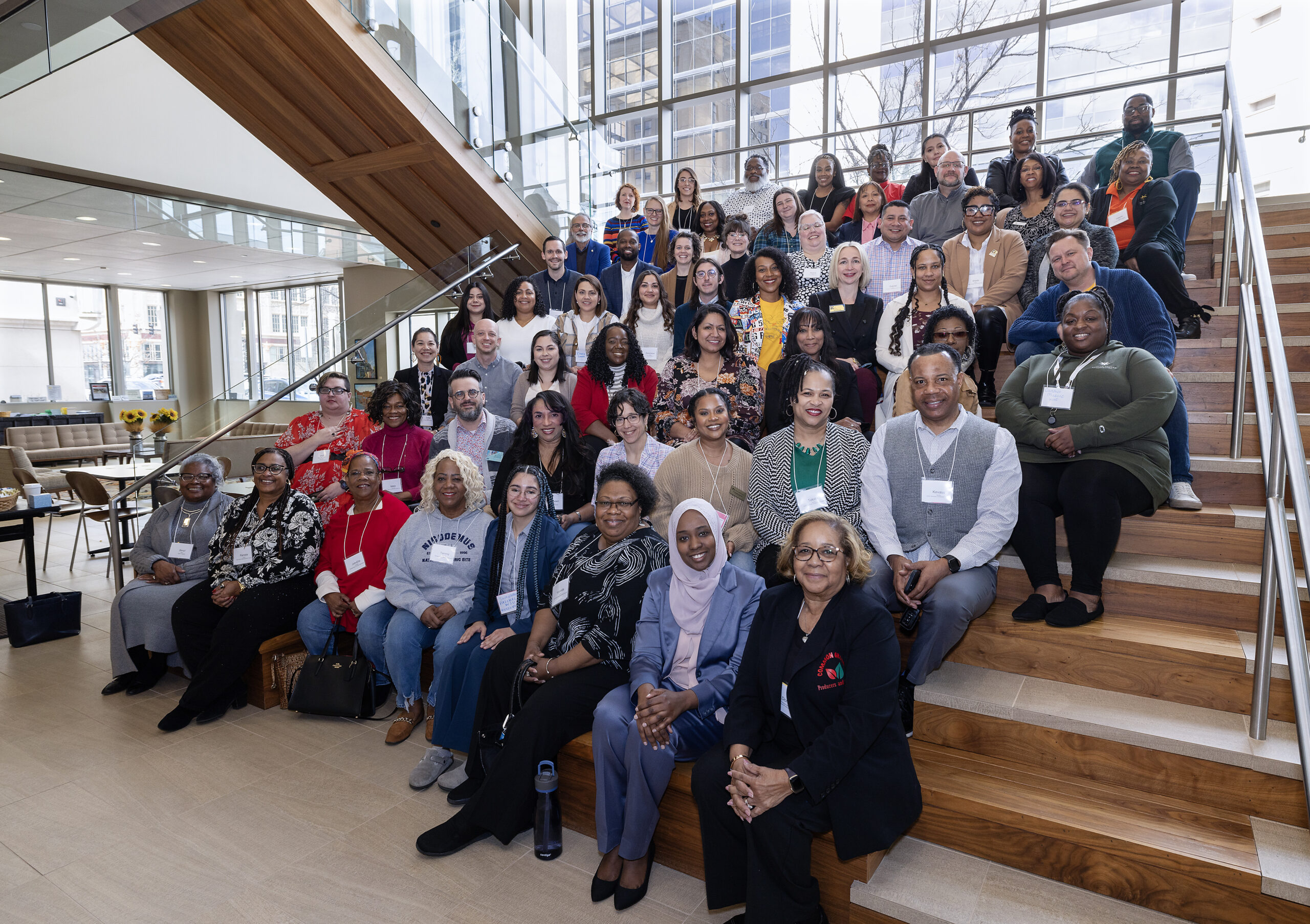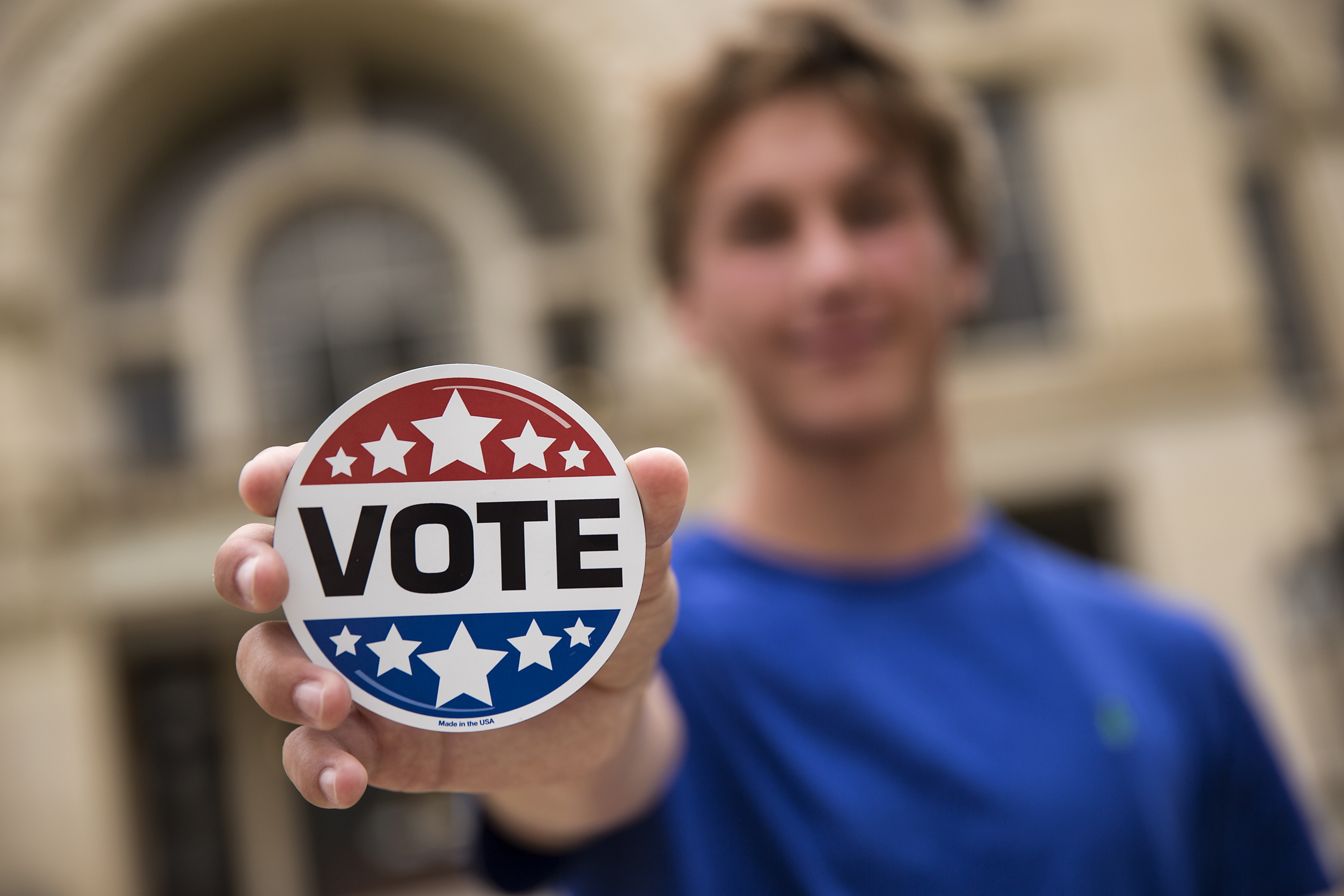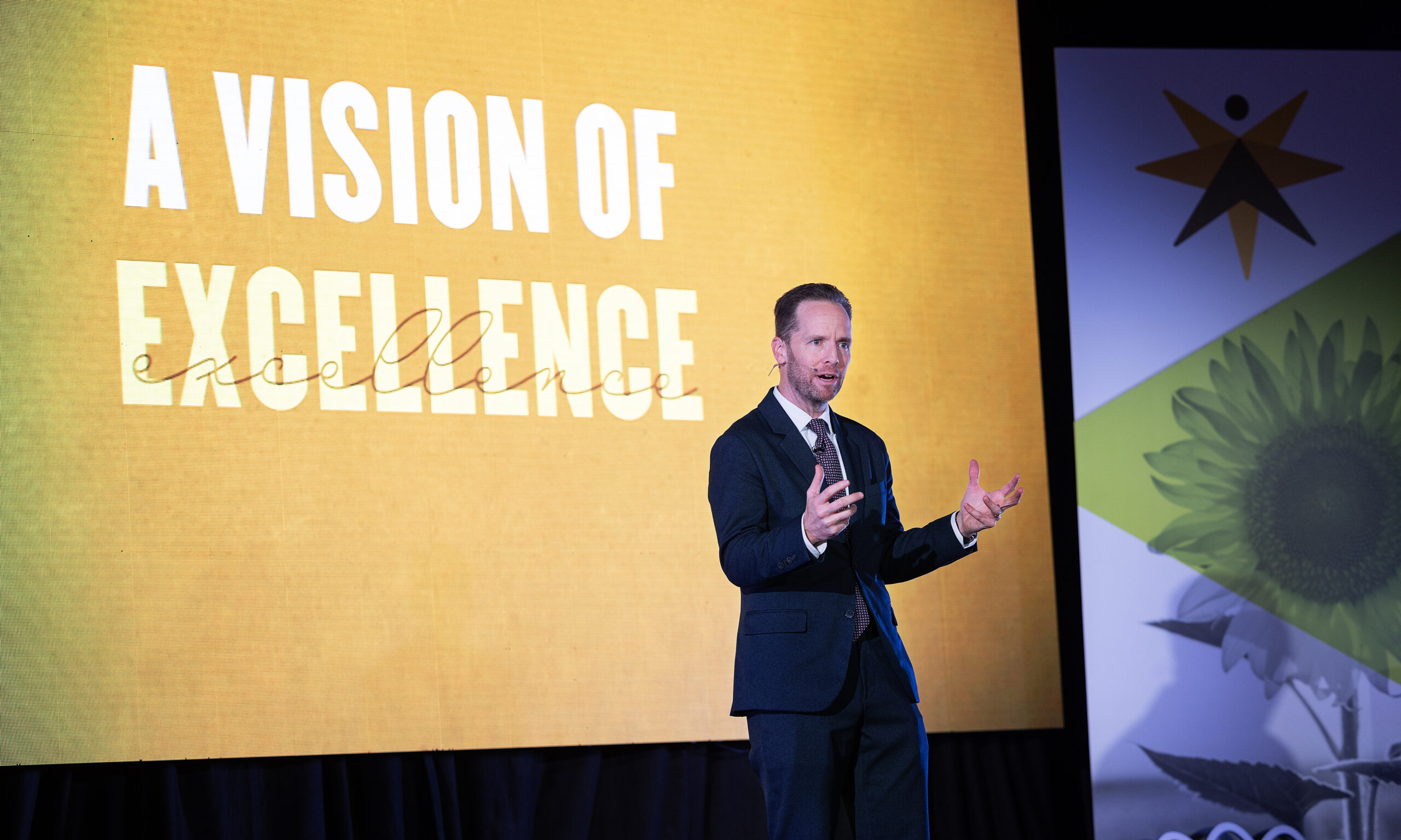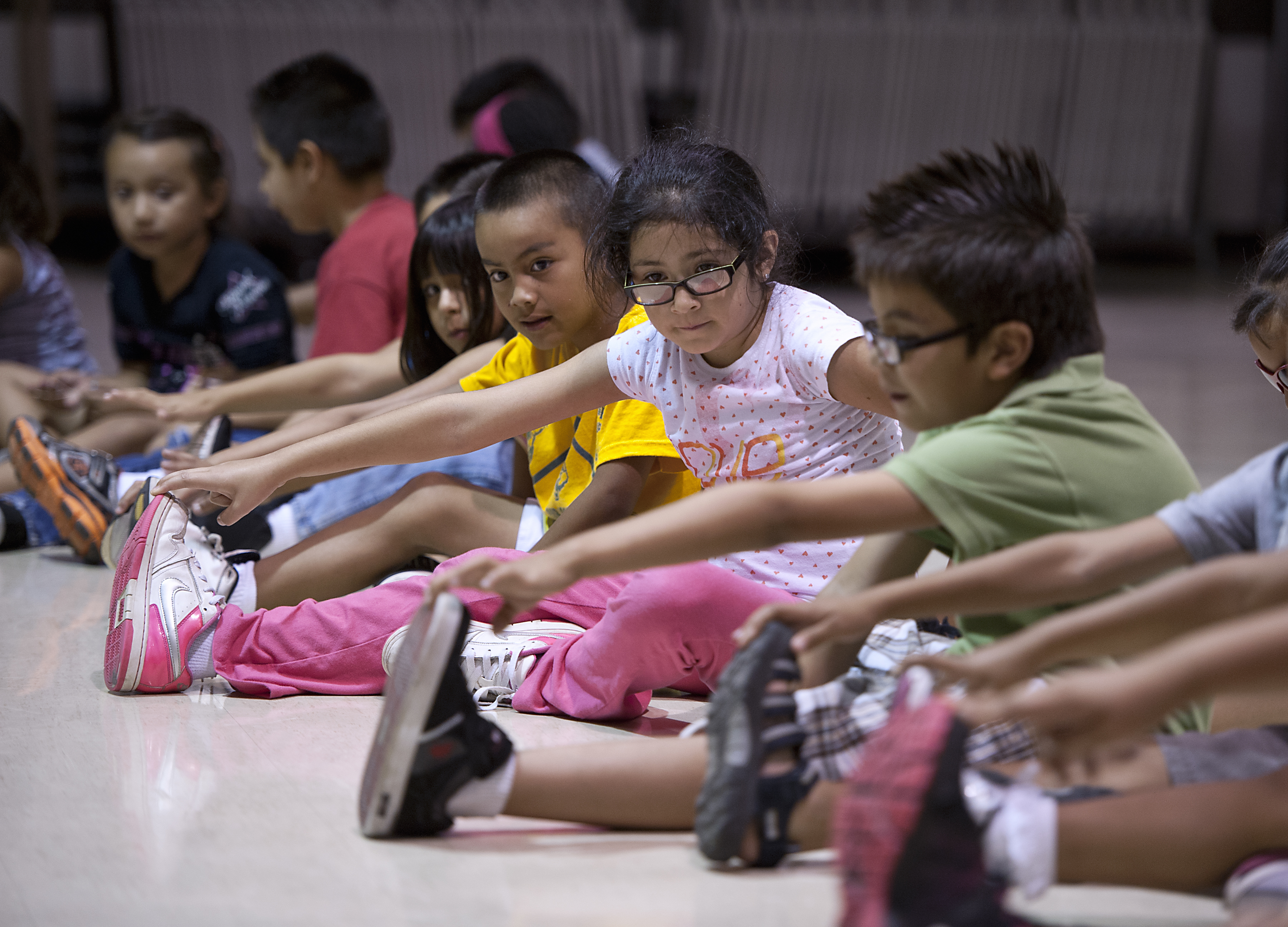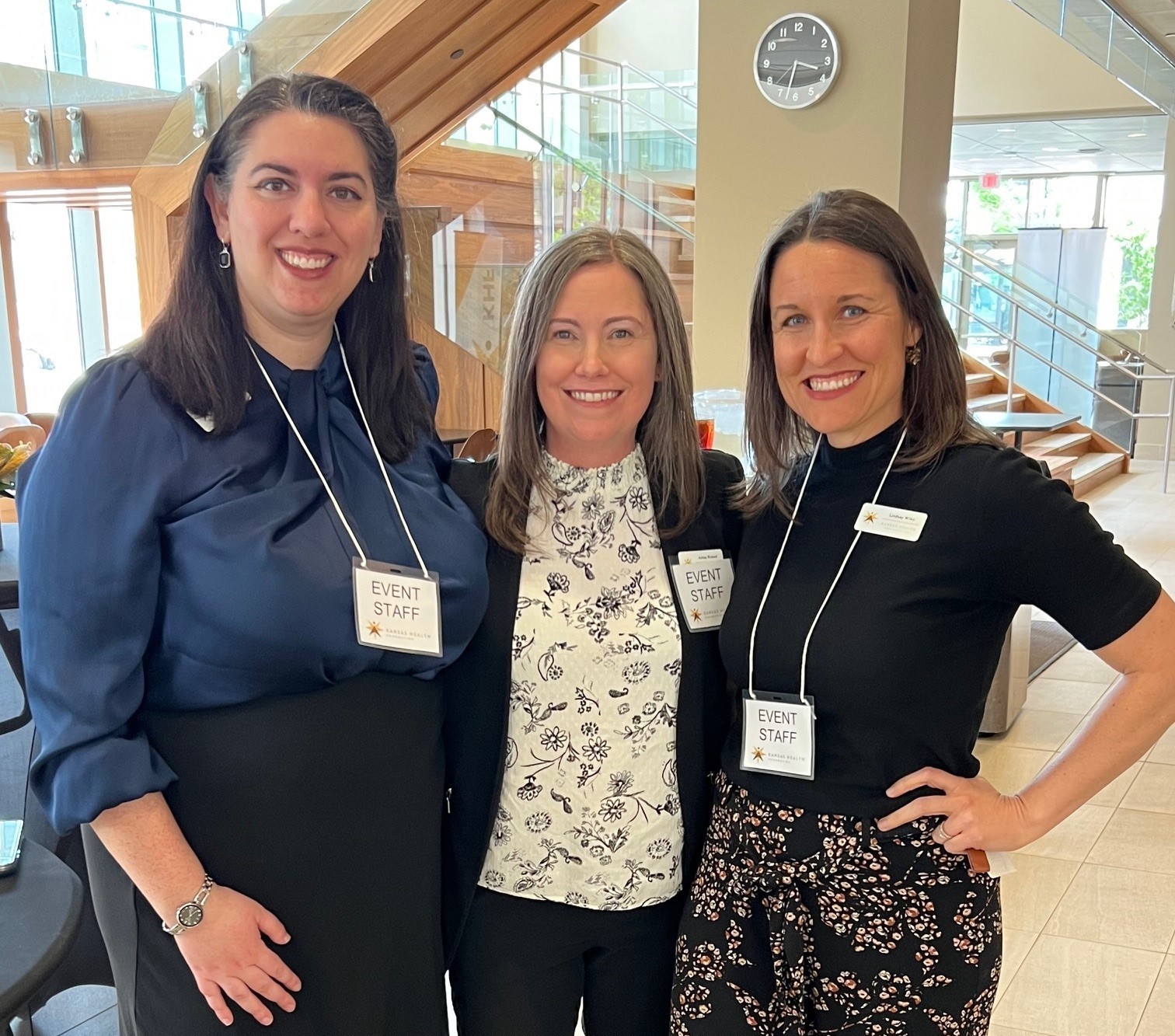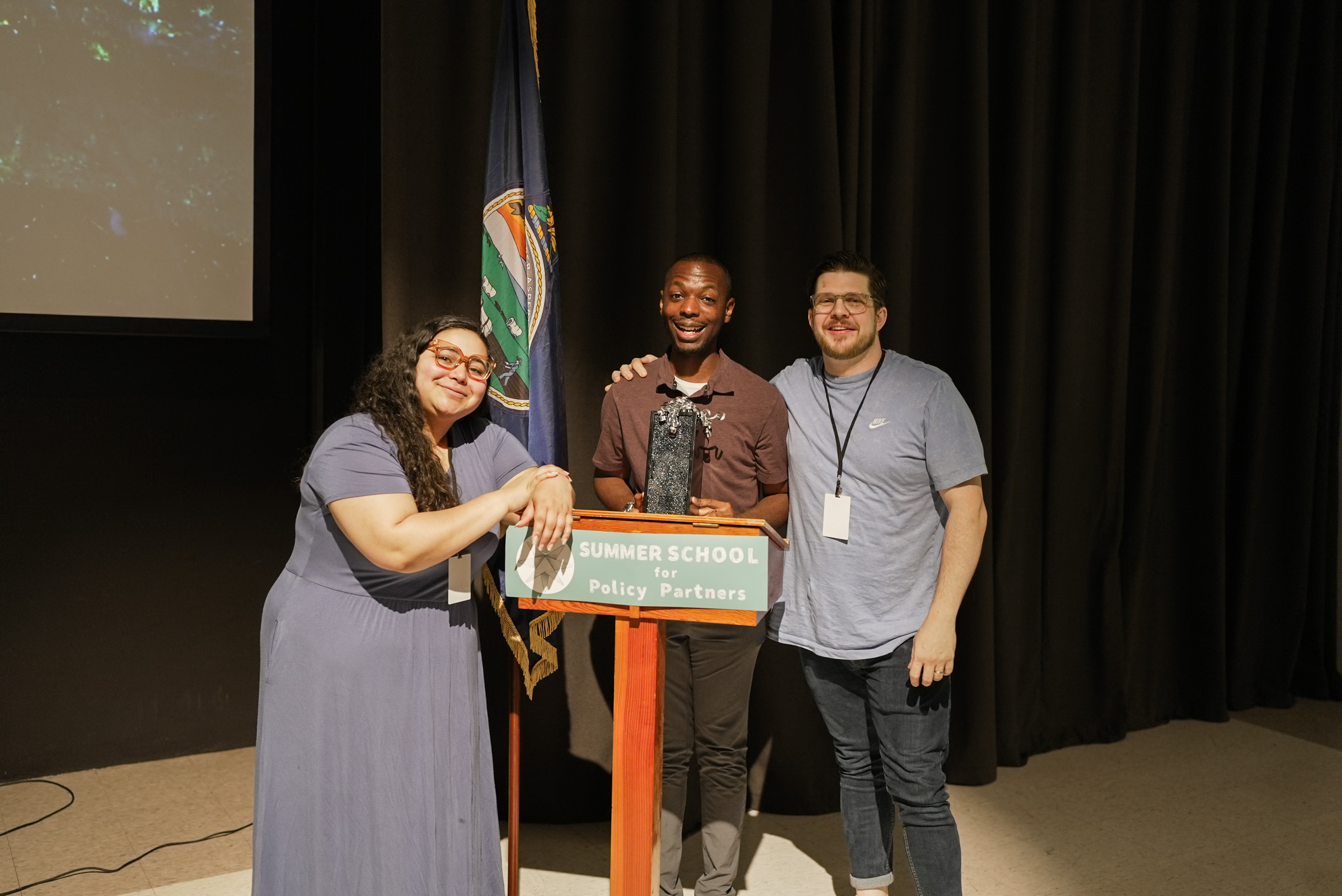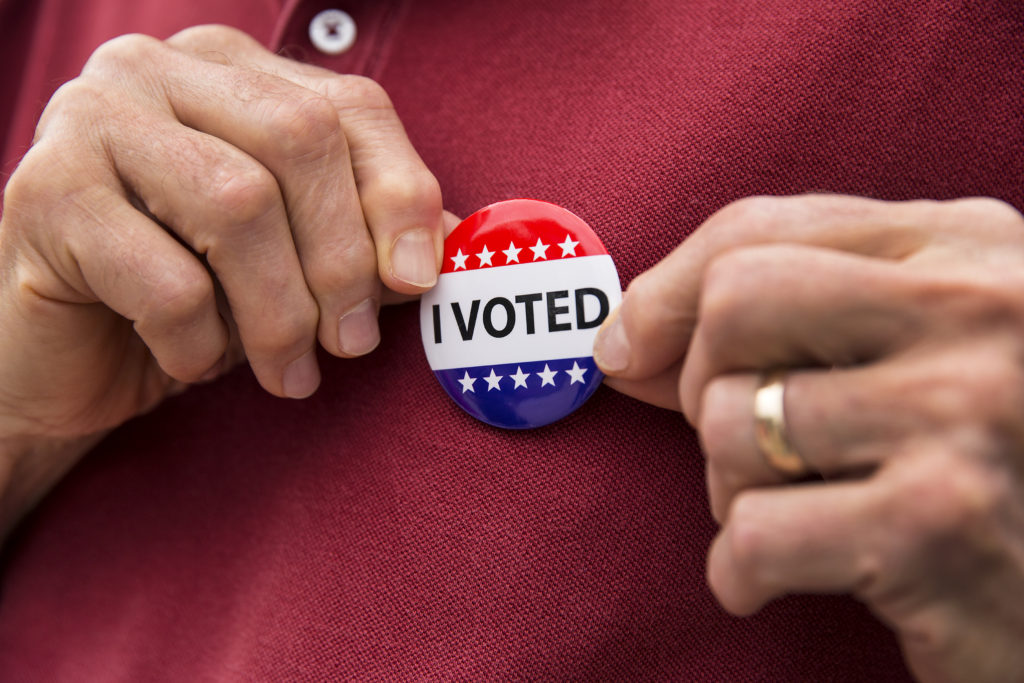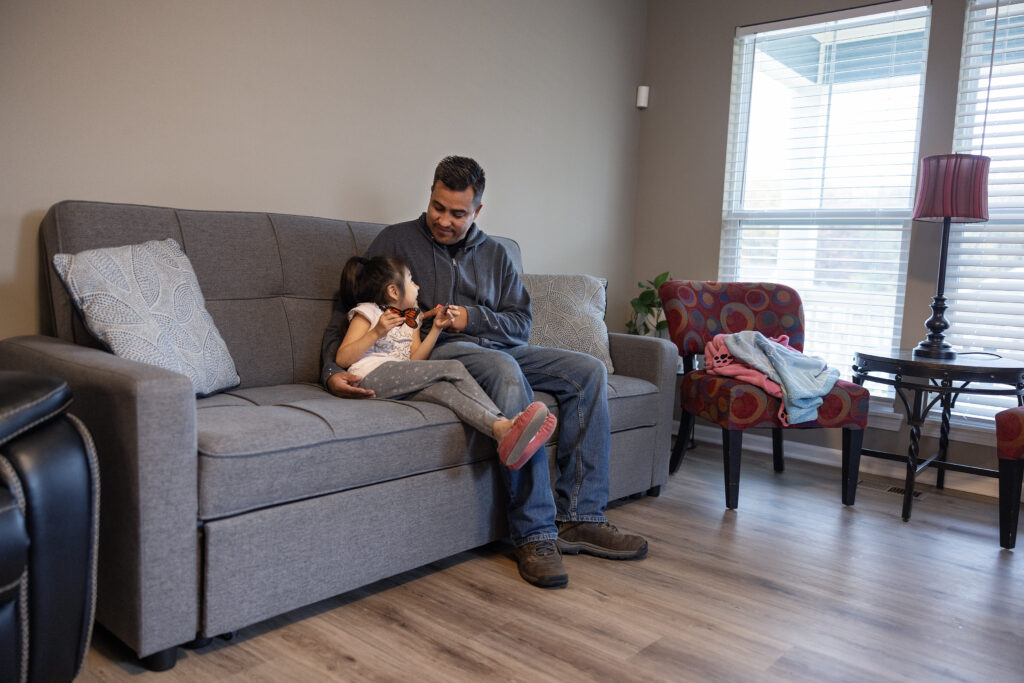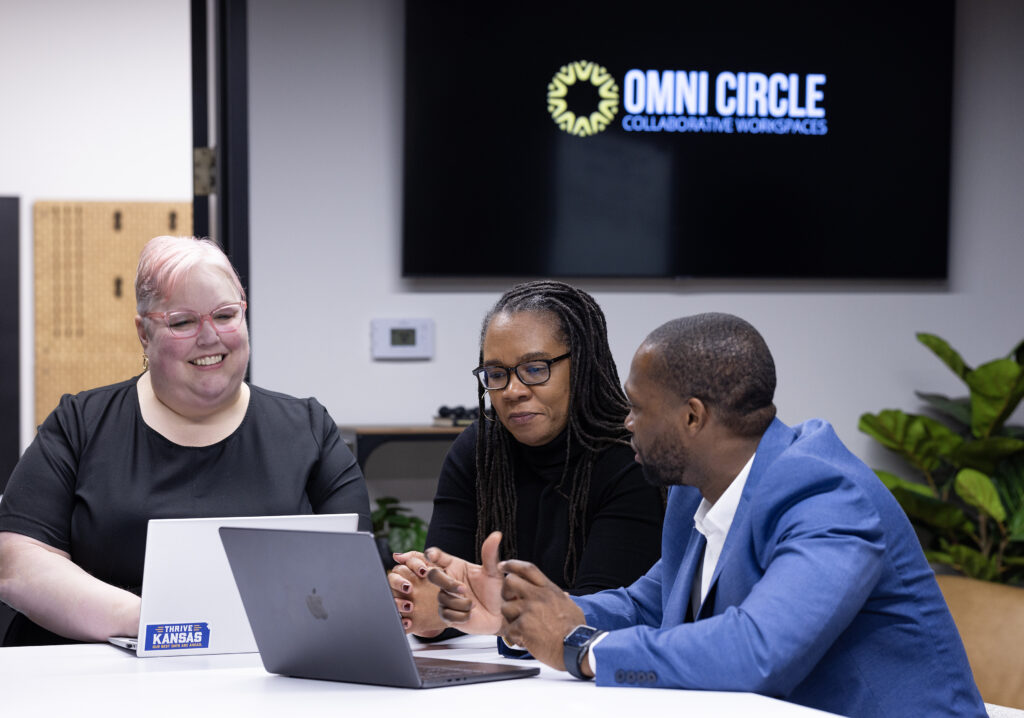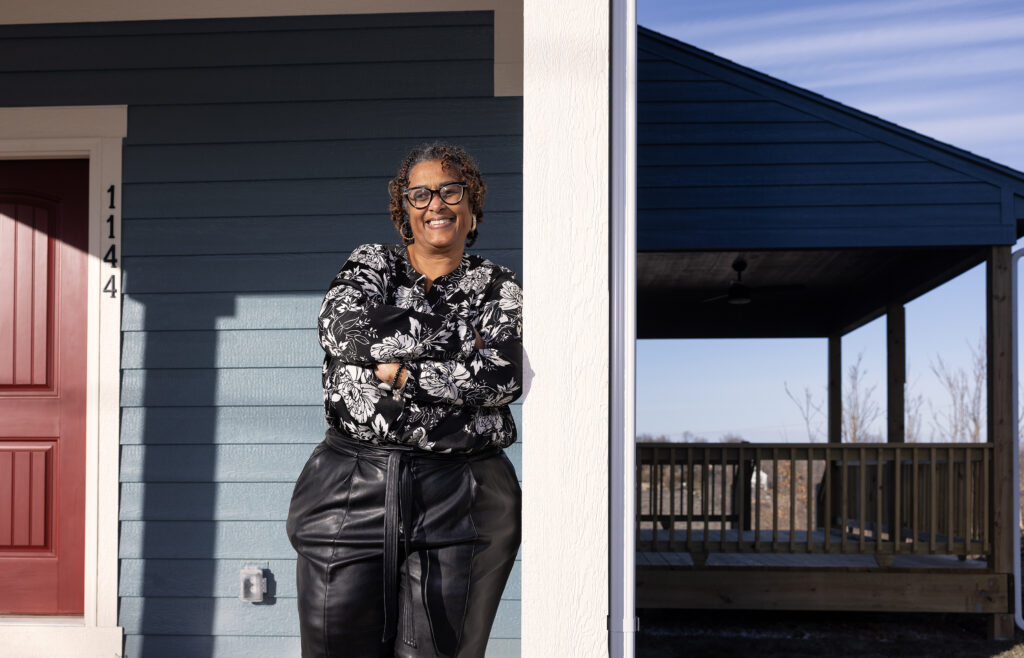From the founding of our nation, the ability for the people to vote for, or against, their elected leaders has been a hallmark of democracy. Yet, increasingly, we’re seeing apathy in terms of voter turnout at the local, state and federal level.
This fall, Kansans will head to the polls and elect a new governor, as well as a myriad of other statewide offices. Based on voter turnout numbers from the last gubernatorial election, it’s imperative a greater number of Kansans play an active role in the election process.
“It’s easy to take for granted how fortunate we are to have a direct impact on deciding who leads our state,” said Steve Coen, president and CEO of the Kansas Health Foundation (KHF). “But, in 2018, we have another opportunity for all Kansas voices to be heard, and it’s an opportunity we can’t pass up.”
According to Kansas Secretary of State’s office, during the 2014 statewide elections, just over 50 percent of registered voters cast a ballot. Only two individual counties in the state (Phillips and McPherson) had greater than a 65 percent voter turnout, and there wasn’t a single county in Kansas where three out of four registered voters came to the polls.
At KHF, we believe having residents who are active and engaged in their communities and state—whether through voting, volunteerism or being a part of civic groups—plays a key role in the overall health and vitality of Kansans.
With statistics taken from the 2016 Kansas Civic Health Index, a connection can be made between civic engagement and health outcomes, as the same groups that demonstrate lower civic participation are the also the same groups with higher levels of tobacco use, obesity and most infectious diseases.
As 2018 continues, KHF is taking steps to ensure people across the state have the information needed to play a role in this year’s elections. This summer, we plan to launch an awareness campaign centered on the three actions all Kansans can take to be a part of the democratic process: 1) register to vote, 2) be informed about the candidates and issues and 3) vote.
“Regardless of your political leanings or views on the issues, the most important thing this year is to make your voice heard,” Coen said. “Our statewide offices should be held by individuals elected by more than half of eligible voters.”



